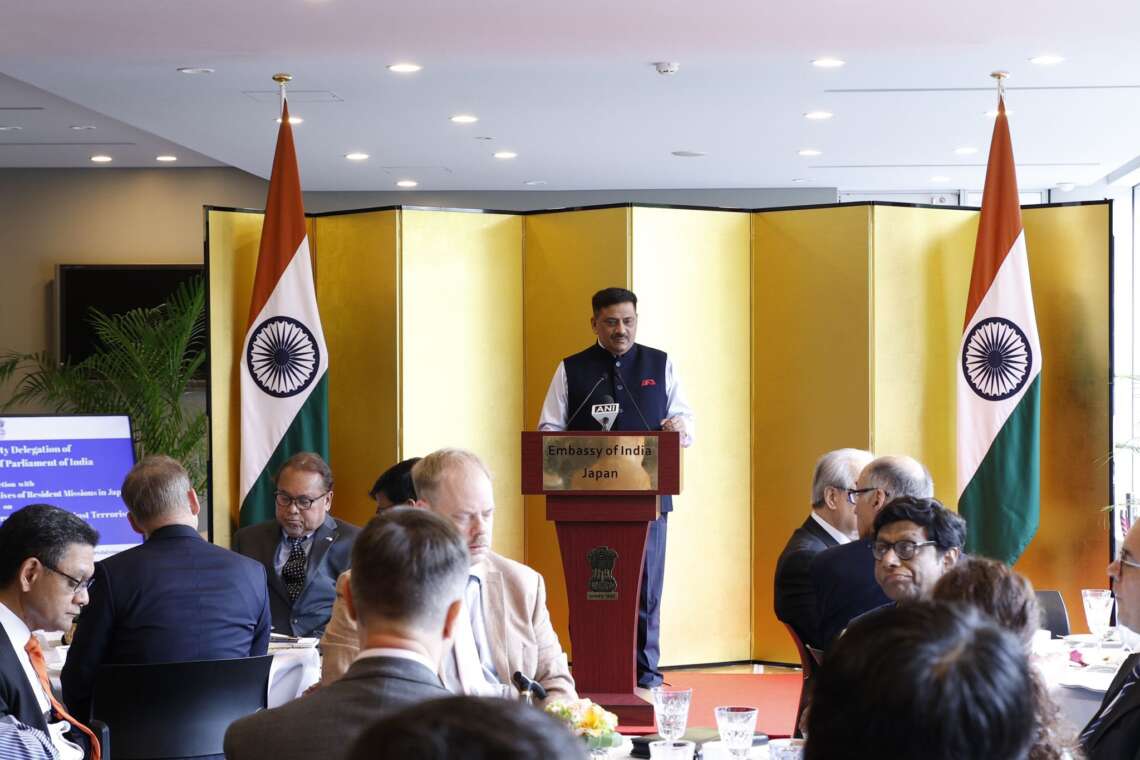The 2024 survey also explored, for the first time, the link between smartphone usage and reported loneliness
Some 39 percent of people in Japan report feeling lonely at times, according to a recent government survey, suggesting that efforts to combat isolation, including a law enacted last year, have yet to make a measurable difference. The annual survey, conducted by the Cabinet Office, found that 39.3 percent of respondents said they felt lonely “often or always,” “sometimes,” or “once in a while.” The figure remains unchanged from the previous year and has shown little fluctuation since the study’s inception in 2021, when Japan began systematically assessing loneliness as a public health and social issue.
The results are expected to raise questions about the effectiveness of Japan’s recent policies aimed at addressing isolation. In April 2023, the government implemented legislation specifically targeting loneliness and social disconnection, following concerns about the mental health toll of the COVID-19 pandemic and the growing number of individuals living alone. Despite the new framework and increased public dialogue on the issue, the survey data indicates that a significant portion of the population continues to grapple with persistent feelings of emotional isolation.
The 2024 survey also explored, for the first time, the link between smartphone usage and reported loneliness. According to the findings, people who spend extended hours on their smartphones are more likely to feel lonely. Among those who used their devices for more than eight hours a day, 13.3 percent said they felt lonely “often or always.” The figure dropped slightly to 9.5 percent among those using their phones for seven to eight hours daily, but this was still higher than among those who used their phones less. These results appear to reflect a growing concern about the relationship between digital habits and emotional well-being, especially among younger generations.
Experts have noted that while smartphones and digital communication can provide a sense of connection, excessive use may also lead to reduced face-to-face interaction and greater social withdrawal. The data supports growing calls for a balanced approach to digital technology, particularly for individuals already vulnerable to isolation.
Japan’s population is aging rapidly, and social fragmentation has become more prominent in recent decades. The combination of demographic shifts, urbanization, and the decline of multi-generational households has left many older adults and younger individuals living on their own with limited social support. Against this backdrop, the government has taken steps such as appointing a minister for loneliness and establishing local programs aimed at fostering community engagement. However, the unchanged figures from this year’s survey underscore the complexity of the problem and the challenges involved in producing quick solutions.
The government says it will continue to monitor the situation closely and strengthen initiatives to combat loneliness, including community-building efforts and mental health services. But with the loneliness rate stuck at nearly 40 percent, it is clear that tackling the issue will require sustained effort and perhaps new, more innovative strategies. As digital dependency grows and traditional social structures evolve, Japan faces the ongoing task of ensuring that its citizens feel meaningfully connected—not just online, but in real life.













